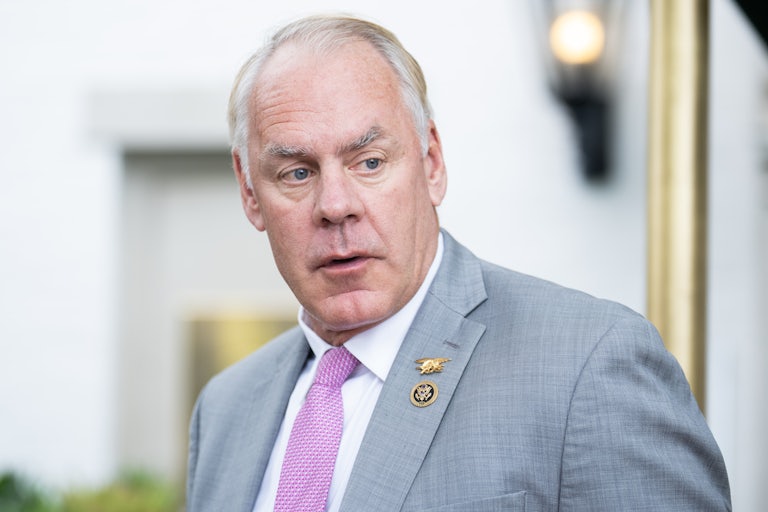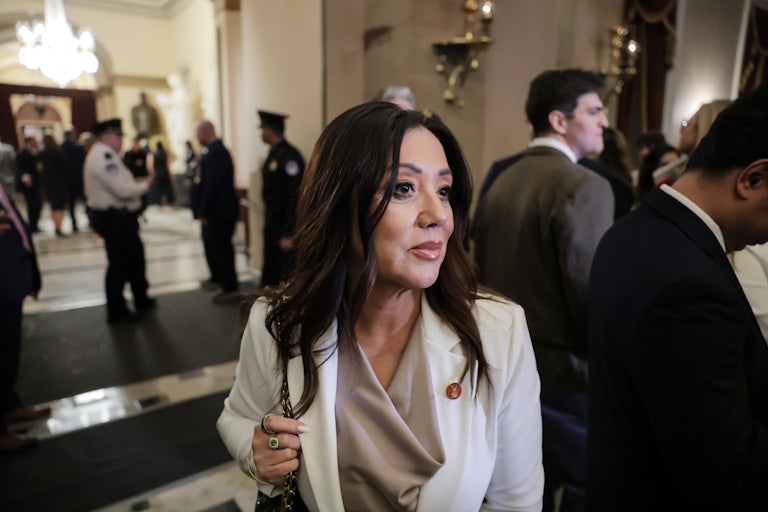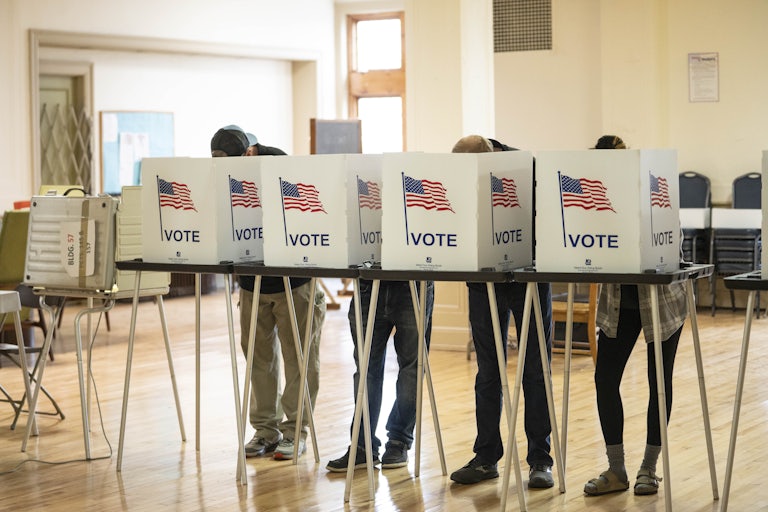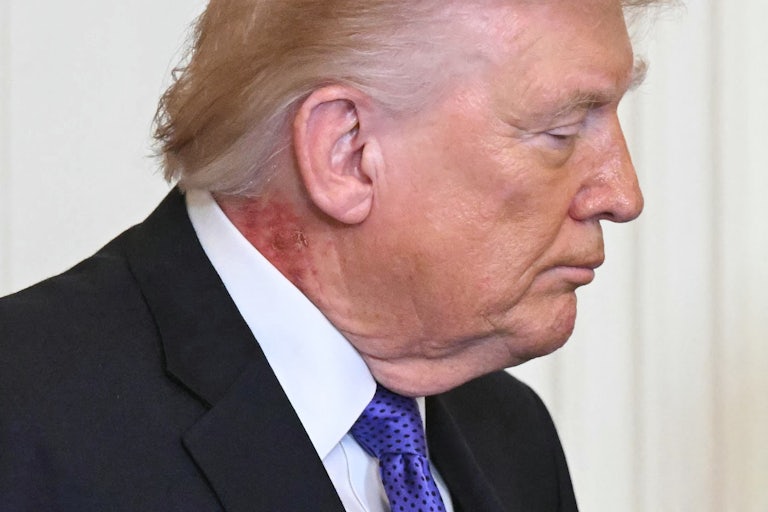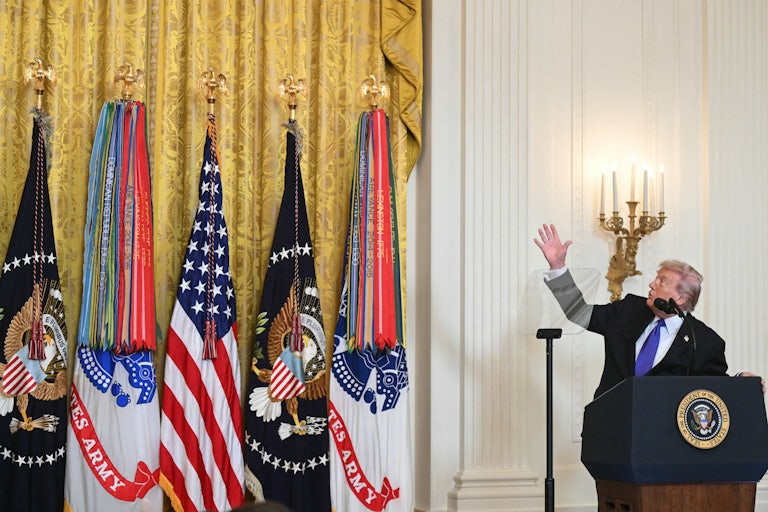Watch Bill Clinton Testify on Why Trump Really Cut Ties With Epstein
The former president’s testimony before Congress debunks Trump’s story about why he really stopped being friends with Jeffrey Epstein.
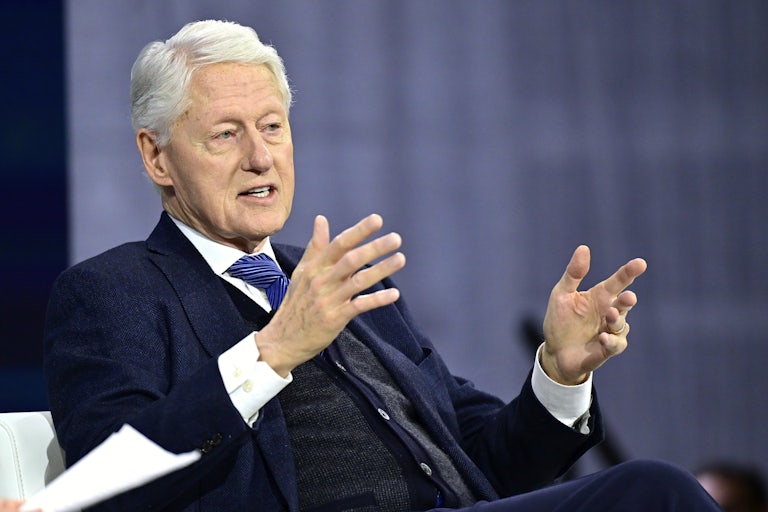
Former President Bill Clinton may have just put a massive hole in President Donald Trump’s claims about how he and deceased sexual predator Jeffrey Epstein ended their friendship.
In video testimony released by the House Oversight Committee on Monday, Clinton claimed that Trump told him exactly what happened between him and Epstein at a golf tournament for Major League Baseball executive Joe Torre’s Safe At Home Foundation, “20-something years ago.”
“It was designed to combat domestic violence, of which Joe Torre had been a victim as a child. And so I wanted to support it.… Donald Trump gave him the golf course in New York to have a tournament on, and I played in it a couple times,” Clinton said. “Donald Trump would come out and play a few holes with us. And he somehow knew I had flown in Jeffrey Epstein’s aircraft, and he said, ‘You know we had some great times together over the years, but we fell out. All because of a real estate deal.’ And he said that ‘I’m sorry it happened.’ That’s all.”
This completely contradicts Trump’s story that he made the valorous decision to kick Epstein out of his Mar-a-Lago club.
“And as far as you recall, President Trump characterized the nature of the ending of their friendship as being solely due to the real estate bidding?” an official clarified.
“That’s what he said.”
Bill Clinton: And he somehow knew I had flown in Jeffrey Epstein's aircraft. And he said, "You know, we had some great times together over the years, but we fell out all because of a real estate deal." and he said, "I'm sorry it happened.” pic.twitter.com/h6ulfXvj0i
— Acyn (@Acyn) March 2, 2026
Clinton’s testimony confirms previous reporting that the two men really fell apart over a 2004 bidding war over a mansion in Palm Beach, Florida.
“Jeffrey Epstein was a member at Mar-a-Lago until Trump kicked him out, because Jeffrey Epstein was a pedophile and he was a creep,” White House press secretary Karoline Leavitt said last November.
Clinton’s deposition states otherwise. You can view his full testimony below.


